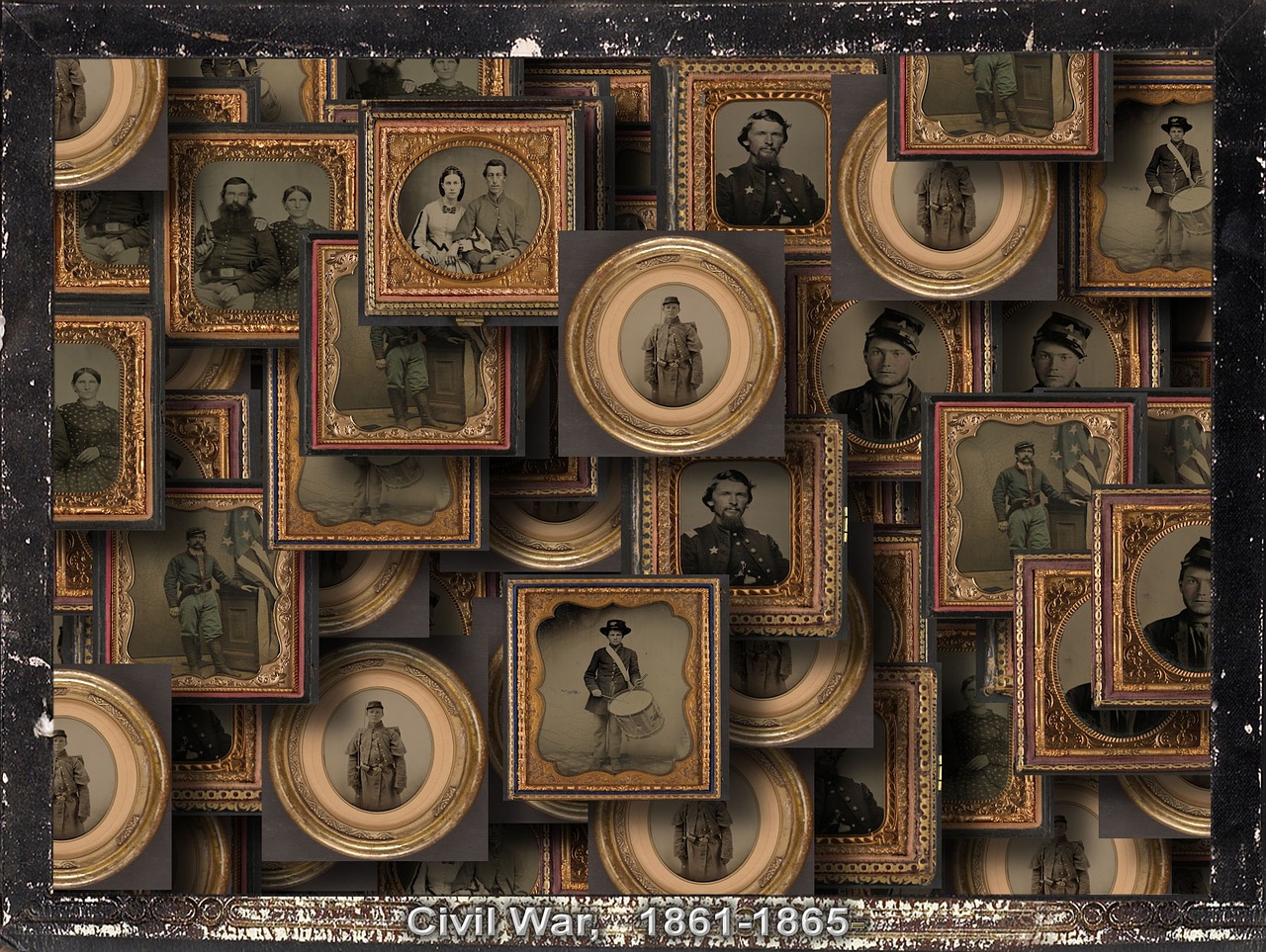Shortly after moving to South Carolina in 2003, I received an invitation to join a local women’s group where I received advice to say I was from Oklahoma instead of Kansas when introducing myself to the members.
The reasoning for this advice came from Oklahoma’s history as an unorganized Indian territory, while Kansas was a loyal free state between 1861-1865. These dates refer to the American Civil War, sometimes referred to as the War of Northern Aggression.
The encouragement to lie about my birthplace was accurate advice for being better received by this group of women. When I stopped following that advice, the facial expressions of members who were meeting me for the first time revealed they immediately disliked me over something that happened before I was even born!
How does this connect with Genesis 25:20?
And Isaac was forty years old when he took Rebekah, the daughter of Bethuel, the Aramean of Paddan-Aram, the sister of Laban the Aramean, to be his wife. (Gen 25:20 ESV)
This verse is part of a new section announced as the generations of Isaac (see Gen 25:19). It repeats Rebekah’s family lineage.
Rebekah is first mentioned her:
(Bethuel fathered Rebekah.) These eight Milcah bore to Nahor, Abraham’s brother. (Gen 22:23 ESV)
Who is Bethuel? (See Gen 22:20-22)
What took place immediately before Abraham was told about his brother Nahor’s offspring? (See Gen 22:1-19)
Immediately after Abraham was told about his brother Nahor’s offspring, what took place? (See Gen 23:1-20)
Abraham’s father had originally planned to go into the land of Canaan but stopped in Haran to settle.
After Abraham’s father dies, the Lord calls Abraham (and Sarah) away from Haran to see the land the Lord promised to give to Abraham’s descendants. This was the same land, the land of Canaan, which Abraham’s father had originally set out toward. (See Gen 11:31-12:1)
What is Abram (Abraham) promised in Gen 12:7?
Where did Abram (Abraham) settle in Gen 13:12?
What two things are Abram (Abraham) promised in Gen 13:14-15?
What does the Lord remind Abram (Abraham) in Gen 15:7?
List the boundaries of the land promised to Abram (Abraham) in Gen 15:18.
From Gen 15:19-21, list the people groups that currently lived in the land promised to Abram (Abraham).
Why will Abram’s (Abraham’s) descendants be the ones to inherit the land instead of him? (See Gen 15:13-16)
Based on the above verses, what likely motivates Abraham’s directions to his servant to secure a bride for his son Isaac from his own relatives in Haran (Nahor), a city that is part of the area known as Paddan-Aram instead of within the land of Canaan? (See Gen 24:1-4)
Why is it important for Gen 25:20 to remind us of Rebekah’s family origins?
Part Two
With the death of Abraham (see Gen 25:7-11), Isaac inherited the covenantal promises from the Lord.
Read our verse for today again:
And Isaac was forty years old when he took Rebekah, the daughter of Bethuel, the Aramean of Paddan-Aram, the sister of Laban the Aramean, to be his wife. (Gen 25:20 ESV)
Isaac, at age forty, married a woman not from the promised inheritance, but from his distant relatives in Paddan-Aram.
What does Isaac’s age at the time of his marriage reveal about Isaac?
From the time Isaac enters the scenes of scripture, we see a quiet, obedient son to Abraham and the Lord.
What do you learn from Isaac’s willingness to obey both Abraham and especially the Lord in the choosing of his spouse?
How does Isaac’s quiet obedience compare to your own relationship with your earthly father or mother? With God?
Is the Lord of scripture a God of randomness or precision? Why or why not?
Does God care about the details of your family origin history? Why or why not?
Truth Telling
Have you spun the truth like I did when trying to be accepted into a new group?
Would Isaac or Rebekah have made this same error? Why or why not?
My initial failure to be authentic with the ladies I was meeting when I first moved to South Carolina was unwise and hurtful to both them and me.
Once I stopped saying I was from Oklahoma, those who I had initially told I was now had reason to doubt my integrity in other matters.
I needed to learn to release my need to be accepted.
When have you overcome the temptation to spin something so that others accepted you? How did it affect the relationship?
This week I encourage you to reflect on the following scriptures and how they relate to relationships and truth-telling:
Let what you say be simply ‘Yes’ or ‘No’; anything more than this comes from evil. (Mat 5:37 ESV)
So also the tongue is a small member, yet it boasts of great things. How great a forest is set ablaze by such a small fire! 6 And the tongue is a fire, a world of unrighteousness. The tongue is set among our members, staining the whole body, setting on fire the entire course of life, and set on fire by hell. (Jam 3:5-6 ESV)
From the same mouth come blessing and cursing. My brothers, these things ought not to be so. (Jam 3:10 ESV)
Truthful lips endure forever, but a lying tongue is but for a moment. (Pro 12:19 ESV)
Lying lips are an abomination to the LORD, but those who act faithfully are his delight. (Pro 12:22 ESV)
Knowing that the genealogical information in scripture is there to inform, edify, and communicate important details draws me to slow down rather than skip these passages.
Seeing how detailed God is in his planning and timing of events in scripture brings awe to my heart and soul. His designs for our lives are intentional.
What examples sparked in your mind from today’s post? Share in the comments!
Is there someone you can share this post with today?
Visit my Resources page for access to a video of my June 2022 speaking engagement.
Blessings,
Barbara Lynn

